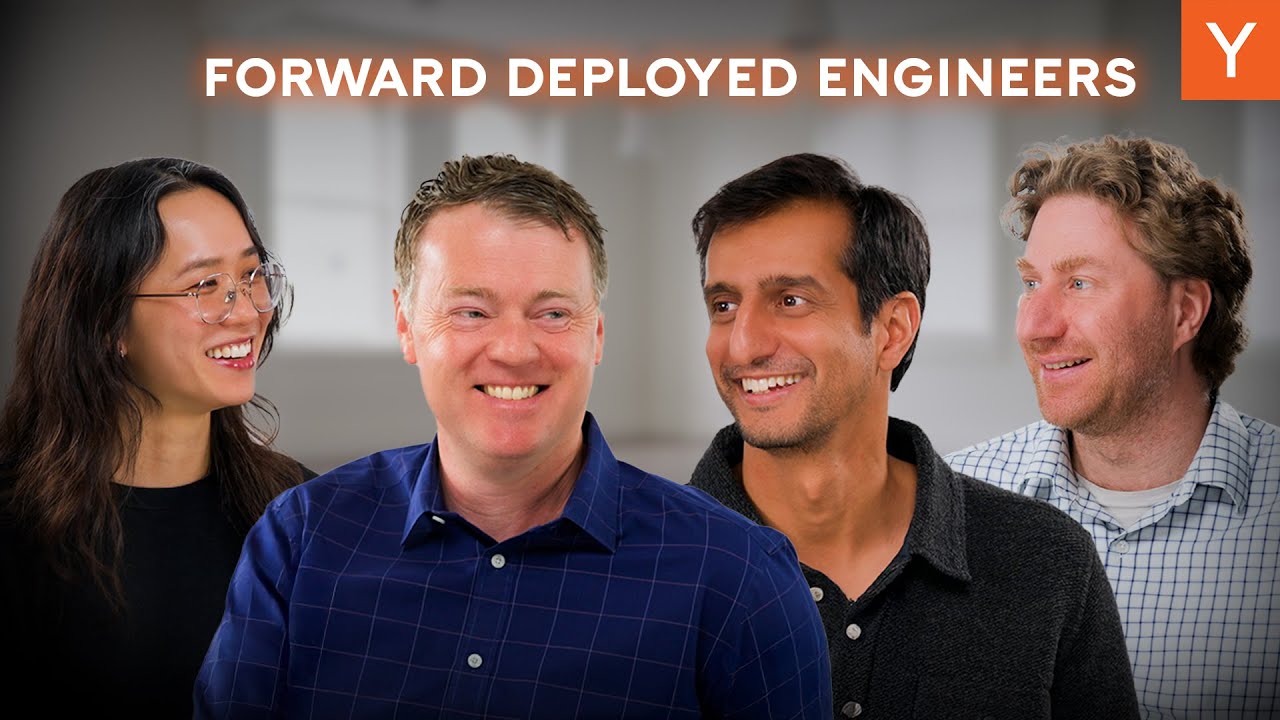Bob McGrew explains how the Forward Deployed Engineer (FDE) model, pioneered at Palantir, embeds engineers directly with customers to enable deep product discovery and customized solutions that inform scalable product development, especially effective in complex AI startup markets. This approach balances hands-on problem-solving with strategic product generalization, driving measurable outcomes and fostering innovation through close collaboration between field and product teams.
In this insightful discussion, Bob McGrew, an early engineer at Palantir and former chief research officer at OpenAI, delves into the Forward Deployed Engineer (FDE) model—a strategy that has gained significant traction among AI startups today. The FDE model involves embedding technical engineers directly at customer sites to bridge the gap between existing products and unique customer needs. Unlike traditional product-market fit approaches that emphasize scaling standardized products, the FDE approach embraces customization and deep product discovery, especially in complex or heterogeneous markets where one-size-fits-all solutions fall short.
Bob traces the origins of the FDE model back to Palantir’s early days working with intelligence agencies, where understanding customer needs was particularly challenging due to the secretive nature of the users. Instead of relying on traditional sales-led discovery, Palantir embedded engineers on-site to rapidly prototype and tailor solutions, effectively turning product discovery into a continuous, iterative process. This approach allowed Palantir to build a flexible platform rather than rigid products, enabling customization across diverse customers while gradually generalizing successful solutions into scalable features.
A key aspect of the FDE model is the distinct roles within the team: the “echo team,” who are embedded analysts with deep domain knowledge and customer relationships, and the “delta team,” composed of engineers skilled at rapid prototyping and deployment. This structure fosters a startup-like environment where problem-solving is hands-on and adaptive. Bob emphasizes that while the FDE model may resemble consulting, it differs fundamentally by focusing on delivering measurable outcomes and evolving the product based on real-world feedback, ultimately driving larger contract sizes and deeper customer value over time.
The conversation also highlights the challenges and cultural tensions inherent in balancing highly customized solutions with the need for product generalization. Product teams must think abstractly to create scalable platforms, while FDEs focus on immediate customer problems. Successful companies maintain discipline to prevent the model from devolving into pure consulting by ensuring that custom work informs product development and that solutions can be leveraged across multiple customers. This dynamic interplay between field teams and product teams is crucial for sustainable growth and innovation.
Finally, Bob connects the FDE model’s resurgence to the current AI agent startup landscape, where no incumbent products exist and significant product discovery is required. He notes that AI startups are increasingly adopting the FDE approach to navigate the complexity and novelty of their markets. The model aligns well with the need to deliver outcomes rather than just software installations, often involving large, flexible contracts. Bob also shares his recent experience joining the US Army Reserve to advise on technology transformation, underscoring the ongoing relevance of the FDE mindset in driving organizational change and innovation in diverse contexts.
